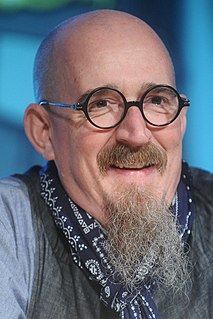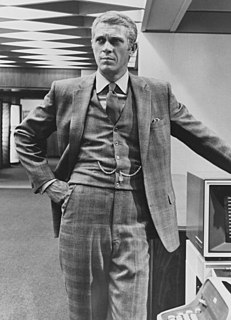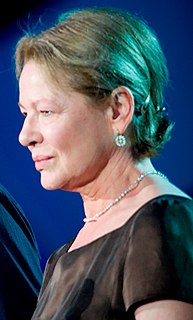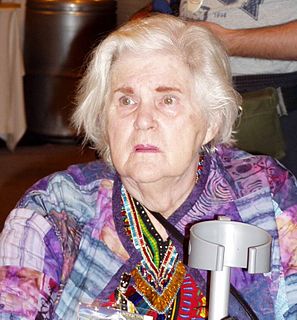A Quote by Brian Azzarello
People have told me that the dialogue in '100 Bullets' is very realistic. I don't agree.
Related Quotes
I do respect Donald Trump. And I think he has a very strong view in terms of security. And we are very strong allies and we work very closely together in Middle East and in order to fight against terrorism. But we didn't agree on two to three issues, and the very first one was on climate. And what it told me is that I took a commitment vis-à-vis my voters. And I told them it was not good for the U.S. and especially the U.S. workers. I tried to convince them. I do believe that on the mid- to long-run it's not true. And I do believe it's important to have on board the U.S. government.
I tend to avoid melodrama. I try to create very realistic settings and very realistic experiences and realistic responses to these experiences. Melodrama is the use of really big events that may or may not happen in real life - certainly they do, but they're not events that are common to most people. Most of the things that happen in my novels are things that could happen to people in real life.


































